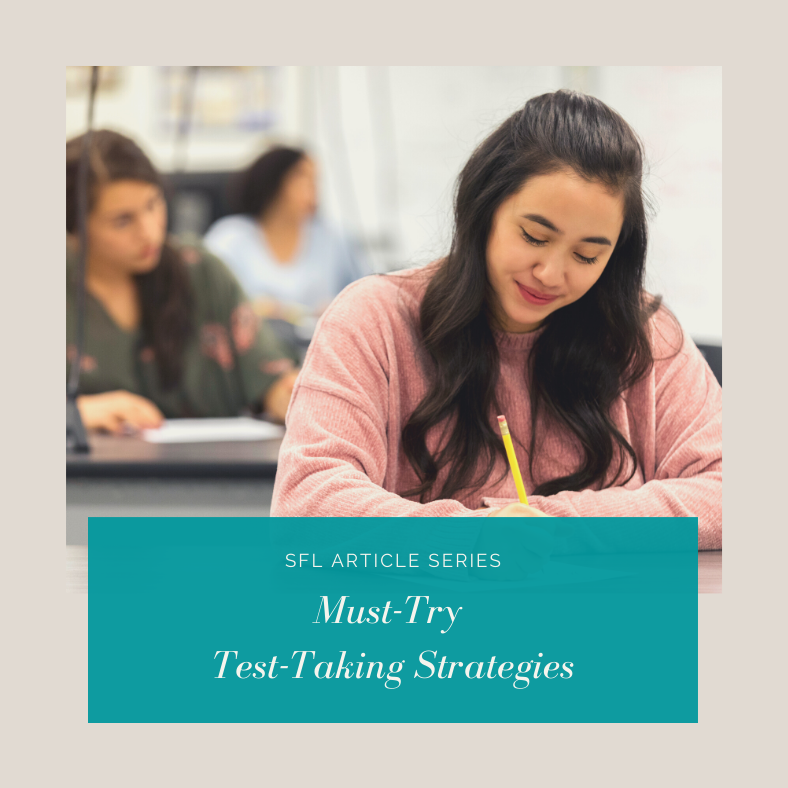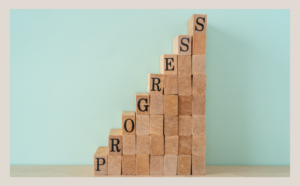No products in the cart.

Written by Maleek Mitchell, MA, MS Education
It is common to see students do well in their subjects and daily work, but struggle when it comes time to take the test. And let’s face it, most classes attach a lot more weight to the chapter exam than last night’s HW. A poor test grade can have a negative impact on your overall grade as well as give the impression (sometimes falsely) that you did not learn the material you were just taught. Whether you experience test anxiety or just need help to beef up those study habits, the tips below should help you get that much closer to acing your next exam.
1. Read, Review, Recite! Review your notes for about five minutes every night. This helps move the information you were exposed to earlier in the day, move from your short-term to your long-term memory.
2. Write it down. Take your own personal notes on assigned readings. Reading and taking notes also serve to strengthen learning.
3. Please Excuse My Dear Aunt Sally. Use mnemonic devices like the one in the previous sentence that help students remember the Order of Operations in Mathematics (Parentheses, Exponents, Multiplication, Division, Addition, Subtraction). Create silly sentences, songs, or drawings to commit information to memory.
4. What’s on the test? Find out as much as you can about what the test will cover. Teachers often stress and review the information that will be worth big points on a test. Also, be sure to ask about the question format. Will there be multiple choice questions? Short answers? Essays? The more you know about HOW you will be expected to demonstrate what you know, the more prepared you will be.
5. Do I really need to know this? How important is the assessment? If it’s a quiz worth a tiny fraction of your final grade, you won’t need to spend days studying for it. Studying for a final on the other hand requires a hefty time commitment. Set your priorities based on a test’s importance to your overall grade.
6. Don’t leave home without it. Bring everything you need to the test. For example, if you need a calculator, don’t depend on your best buddy to have an extra.
7. Take a deep breath. Practice deep breathing and other calming techniques prior to exam time if you find yourself starting to feel stressed. Seeking a relaxed state and using positive self-talk can go a long way to helping you remain focused and in control once the test begins.
8. Read test/question directions very carefully. What does each question ask you to do? Be sure to provide an answer to the question that is asked, not what you think the question is asking. Stick to what the question requires—no more and definitely no less.
9. Easy street. Answer the easier questions first. Your confidence will rise, and you can use that momentum as you focus on the harder questions.
10. Ask for help. If you don’t understand what a test question is asking for, ask your teacher to clarify it for you. They may be able to clear up any confusion.
Other resources:







No comment yet, add your voice below!